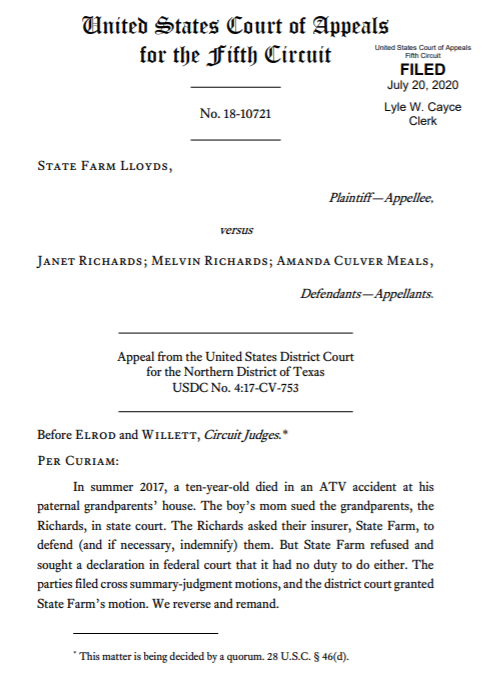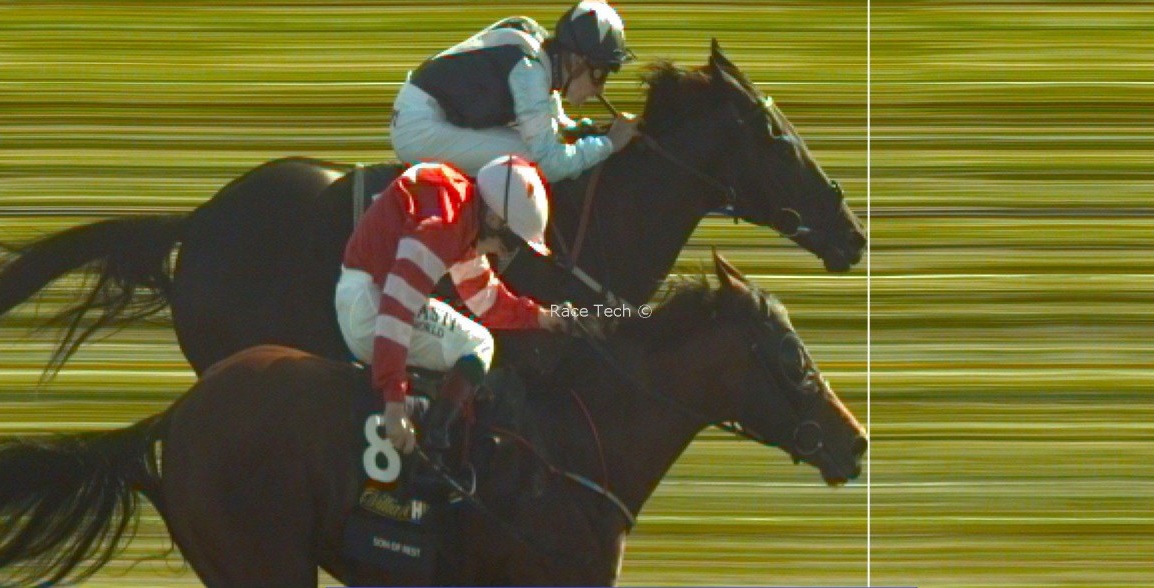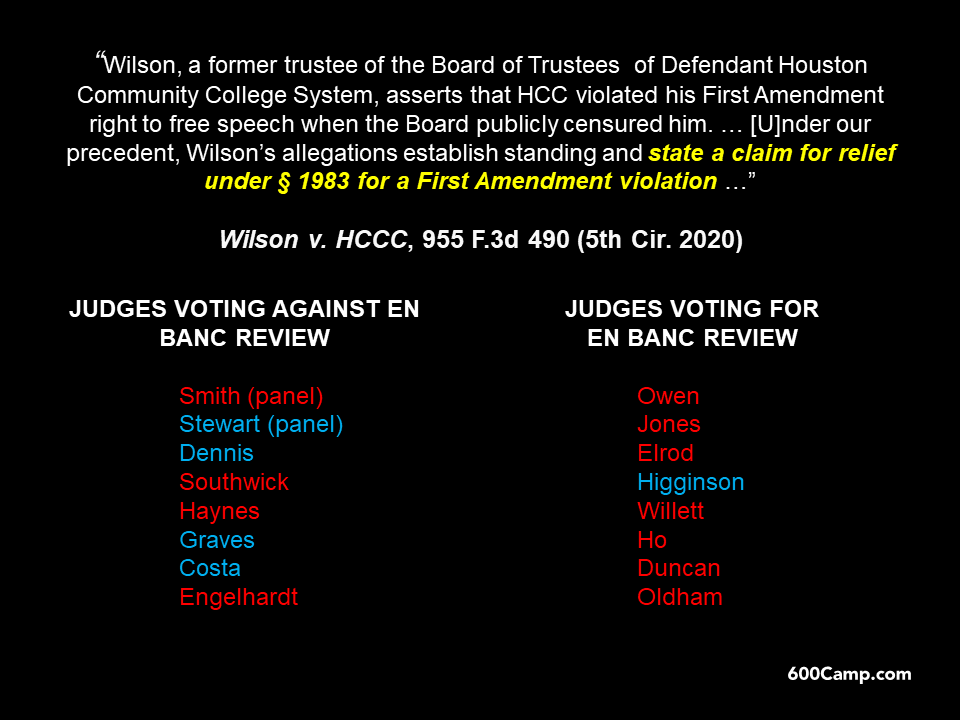 Many forum-selection disputes, particularly about arbitration clauses, turn on whether the parties’ contract incorporates another document. A variation on this common fact pattern appeared in Sierra Frac Sand v. CDE Global, No. 19-40489 (May 26, 2020),”Sierra concedes that some document was incorporated into the contract. Indeed, by making the agreement ‘subject to’ the ‘Standard Terms and Conditions of Sale” that were available on request, the contract explicitly refers to another document. The question for us is whether the document titled ‘CDE General Conditions – June 2016’ is the incorporated document.”
Many forum-selection disputes, particularly about arbitration clauses, turn on whether the parties’ contract incorporates another document. A variation on this common fact pattern appeared in Sierra Frac Sand v. CDE Global, No. 19-40489 (May 26, 2020),”Sierra concedes that some document was incorporated into the contract. Indeed, by making the agreement ‘subject to’ the ‘Standard Terms and Conditions of Sale” that were available on request, the contract explicitly refers to another document. The question for us is whether the document titled ‘CDE General Conditions – June 2016’ is the incorporated document.”
The answer was “yes,” given evidence that:
- “before this lawsuit commenced …, CDE sent Sierra the 2016 addendum as an attachment to a letter about the project’s timeline,” and “CDE’s financial director attested that the 2016 addendum was the document referred to in the order acknowledgement”;
- “CDE explained that the addendum was dated 2016, even though the contract was executed in 2017, because when the agreement was signed, the 2016 addendum was the most current version of CDE’s terms and conditions”; and,
- “… as the district court found, the 2016 addendum contained the kind of terms and conditions one would expect to accompany the parties’ agreement.”
No. 19-40489 (May 26, 2020).












